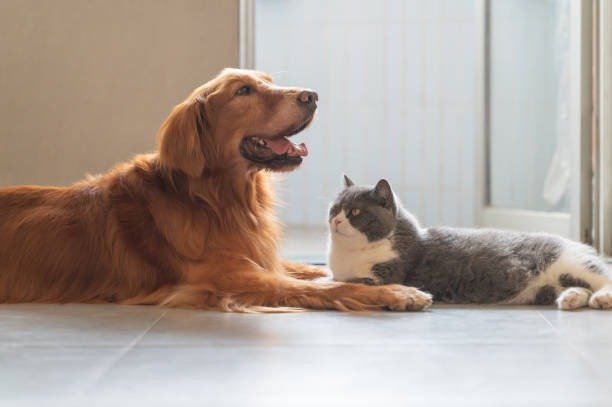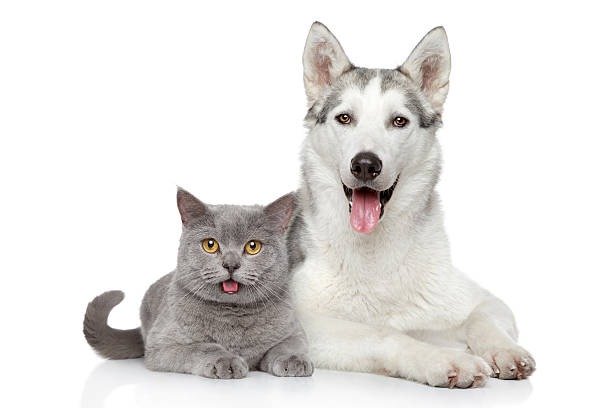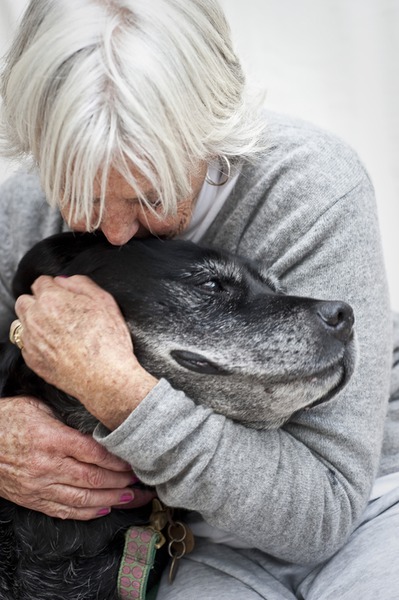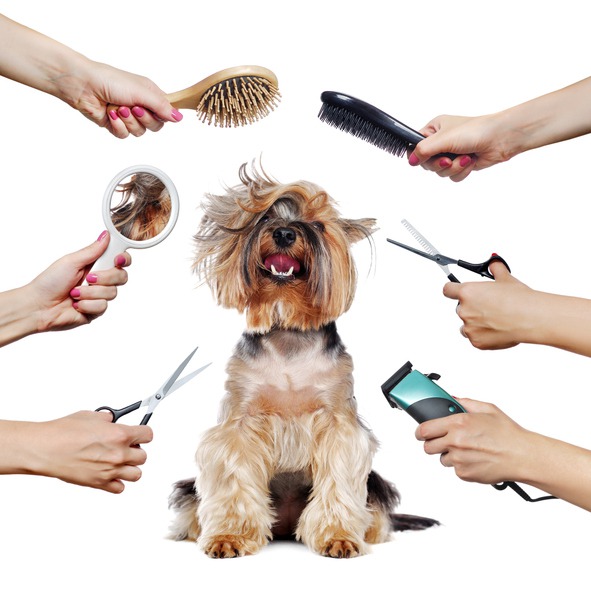As our beloved pets age, we often notice various changes in their behavior and physical abilities. Just like us, our furry friends go through a variety of transformations as they grow older. Understanding these changes can help you provide the best possible care for your senior pet. This article will guide you through the common behavioral changes that you might see and offer tips on how to manage them effectively.
1. Cognitive Decline
One of the most noticeable changes in senior pets is cognitive decline. Much like humans, pets can exhibit signs of aging in their mental faculties. Look for signs such as confusion, disorientation, or even changes in sleeping patterns. Your pet might forget basic commands or seem lost in familiar surroundings.
How to Help
-
Engage your pet in activities that stimulate their mind, such as puzzle toys or training sessions.
-
Maintain a consistent routine to minimize confusion.
-
Ensure your pet has a comfortable and familiar place to sleep.
2. Reduced Mobility
As pets age, arthritis and other joint issues become more common. Reduced mobility can be challenging for both you and your pet. You might notice your pet moving slower, having difficulty climbing stairs, or showing reluctance to jump.
Tips for Management
-
Provide orthopedic or supportive pet beds.
-
Use ramps or steps to help pets access high places.
-
Keep their exercise moderate and consistent to maintain muscle strength.
3. Changes in Appetite
Senior pets often experience changes in their appetite. They might eat less or show a preference for different foods. Sometimes, dental issues can cause this, making chewing painful for them.
How to Address
-
Consult your vet for a suitable diet plan.
-
Choose softer foods if dental issues are present.
-
Ensure fresh water is always available to encourage hydration.
4. Increased Vocalization
If your once-quiet pet suddenly becomes more vocal, it can be a sign of aging. Increased vocalization can indicate discomfort, anxiety, or a need for increased attention.
What You Can Do
-
Give your pet extra attention and reassurance.
-
Check for any discomfort or pain that might be causing the vocalization.
-
Consult a vet to rule out any medical conditions.
5. Behavioral Changes in Senior Cats
Cats exhibit distinct behavioral changes as they age. You might notice less grooming, more meowing, or decreased interest in play.
Caring for Elderly Cats
-
Ensure regular vet check-ups to catch any health issues early.
-
Provide a quiet, comfortable space with easy access to litter boxes and food.
-
Engage them in gentle play to keep them active.
In addition to these general tips, don’t hesitate to seek specialized advice for senior cat care in Nashville to meet the specific needs of your aging feline friend.
6. More Frequent Accidents
Another common issue with senior pets is more frequent accidents around the house. This can be due to weakened bladder control, cognitive issues, or other medical problems. If such issues arise, consulting a Nashville emergency vet can provide immediate and effective care.
Managing Accidents
-
Increase the number of potty breaks.
-
Use waterproof bedding and easy-to-clean surfaces.
-
Discuss any sudden increases in accidents with your vet.
7. Changes in Social Behavior
Senior pets might become more solitary or, conversely, may seek more companionship than usual. Various factors, including health conditions and anxiety, can influence these changes.
Socializing with Senior Pets
-
Respect their need for space while offering affection when they seek it.
-
Create a calm and comfortable environment.
-
Regularly spend quality time to reassure them.
8. Increased Sleep
Your senior pet might start sleeping more than usual. While it’s typical for older pets to have lower energy levels, increased sleep can sometimes indicate discomfort or health issues.
Coping Strategies
-
Ensure they have a cozy and quiet place to sleep.
-
Monitor their sleep patterns for any sudden changes.
-
Discuss any concerns with your vet to rule out medical issues.
9. Changes in Grooming Habits
Pets, especially cats, may groom less frequently as they age. This can lead to matting, skin issues, and a general decrease in hygiene.
Grooming Tips
-
Regular brushing is also helpful to prevent matting and skin problems.
-
Keep an eye out for any skin abnormalities.
-
Regularly bathe your pets if they have trouble grooming themselves.
Professional Help
Sometimes, the best way to ensure your pet’s health and well-being is to seek professional help. Regular check-ups with vets in Nashville can be invaluable for maintaining your senior pet’s quality of life.
When to Visit a Vet
-
Sudden changes in behavior
-
Persistent discomfort or pain
-
Unexplained weight loss or gain
Remember, every pet is unique, and the changes they experience as they age will vary. By understanding these common behavioral changes and knowing when to seek help, you can help make your pet’s golden years as happy and comfortable as possible.
Final Thoughts
Your senior pet’s changes are a natural part of aging. While some of these changes can be challenging, understanding them allows you to provide the best care. Regular visits to the vet and a little extra attention can go a long way in keeping your furry friend happy and healthy. With love, patience, and proper care, your pet’s senior years can be a rewarding time for both of you.





